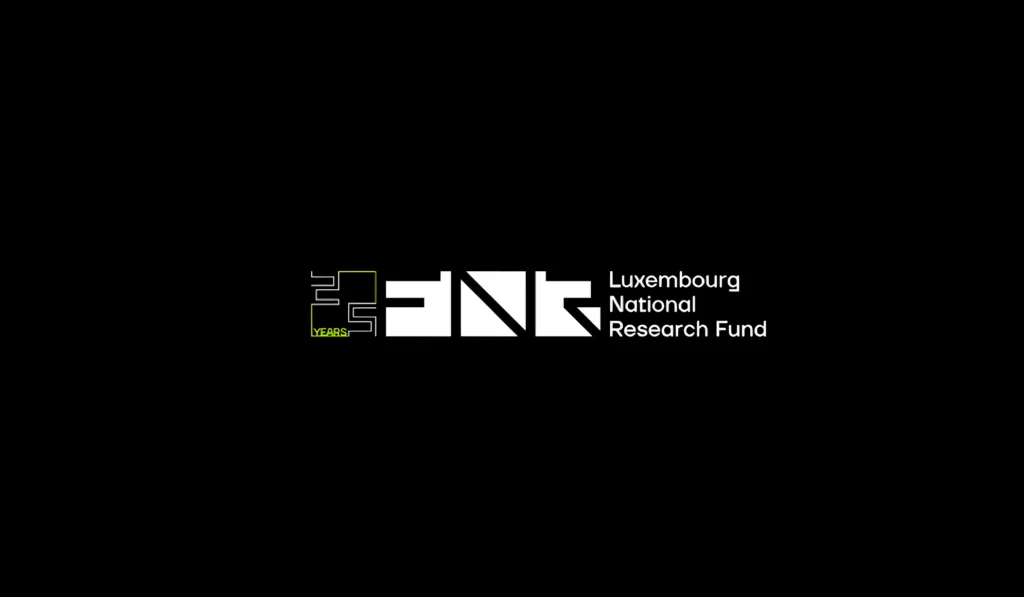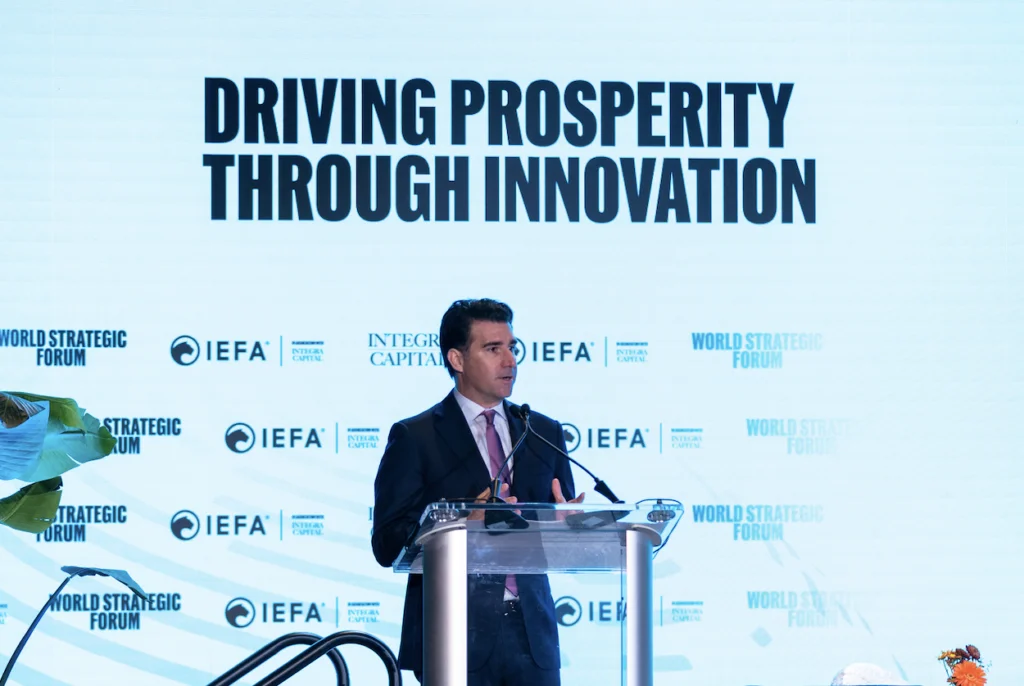
Three Dictators
The Republic of Korea has been one of the world’s most technologically advanced nations for decades, and Seoul — the country’s capital — ranked as the world’s leading digital city. Not bad for a country whose civil war in the 1950s wreaked devastation on the people and split spouses, brothers and sisters up either side of the ‘Asian Berlin Wall’, the Korean Demilitarized Zone.
Yet, while the North Koreans became isolationist with a succession of dictators in the form of Kim Il-sung, Kim Jong-il and the current clown Kim Jong-un, the Koreans south of the 38th parallel had something up their sleeve: beginning in 1961 with the military coup of Park Chung-hee (another dictator, no less), a policy of export-oriented industrialization was put in motion, and South Korea’s economy — via a series of Five-Year Plans — began to slip into gear. Leading this was the chaebol, family-owned conglomerates led by companies that today are household names like LG Corporation, Samsung and Hyundai. These concerns, taking advantage of the massive tax breaks and cheap loans they received off the state, as well as the cheap labour available in the country at the time, started producing exportable goods.
When you think of the Republic of Korea these days, what comes to mind? Is it a highly-educated populous where technology plays a leading role in life? To most people, I guess it is. South Koreans embrace technology like the British embrace the traditional pub or the French their food.
And it is in quantum technologies where the South Koreans are starting to see what advantages it can have on their lives. Realizing that their close neighbours the Chinese and Japanese already have several initiatives and startups in the space, the South Koreans have set out on their own quantum mission.

Cash Cow
Early in 2019, South Korea’s science ministry announced an investment of nearly $40M over a five-year period to develop its own quantum computer. The Korea Research Institute of Standards and Science’s (KRISS) Quantum Technology Institute, likewise, is busy working on solutions for the quantum era, as well.
On a smaller scale EYL, a South Korean startup, builds quantum random number generator chips.
Another startup from the Korean Peninsula, PharmCADD, has found an innovative approach for novel drug discovery. This merges deep learning with molecular dynamics simulation and quantum calculation to build pioneering computational modules crucial for researchers and scientists in their fight against diseases.
PharmCADD
Founded in Busan in 2019, PharmCADD’s key technology Pharmulator™ can prognosticate, by way of amino acid sequences, a protein’s native 3D structure, give ‘the analysis of dynamic evolution of protein-ligand bindings’ and delve into the minute world of atoms in order to develop world-class drugs.

PharmCADD’s CEO and founder, Taehyung Kwon, along with his CTO Sangwook Wu and his research that for more than a decade has raised the bar in enhanced sampling, protein interactions, protein-quantum computation, blood coagulation proteins, protein networking theory, and Warfarin and Vitamin K epoxide reductase have a platform technology and patent list that they can build from the bottom up. With the recent news of a Series A investment round in the bag, PharmCADD can now develop its product even more.
Innovative methodology for novel drug discovery
— PharmCADD
But PharmCADD’s power doesn’t stop there: with a research team comprising of top-class scientists stretching the whole technological gamut of biophysicists, drug designers, chemical engineers, quantum physicists, pharma-experimental biologists, computer engineers, data analysts, and deep learning (DL) experts, Taehyung Kwon and Sangwook Wu can shape the Korean quantum landscape and bring them in line with their Asian neighbours’ efforts.
For more market insights, check out our latest quantum computing news here.
















